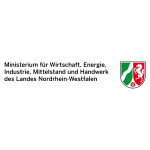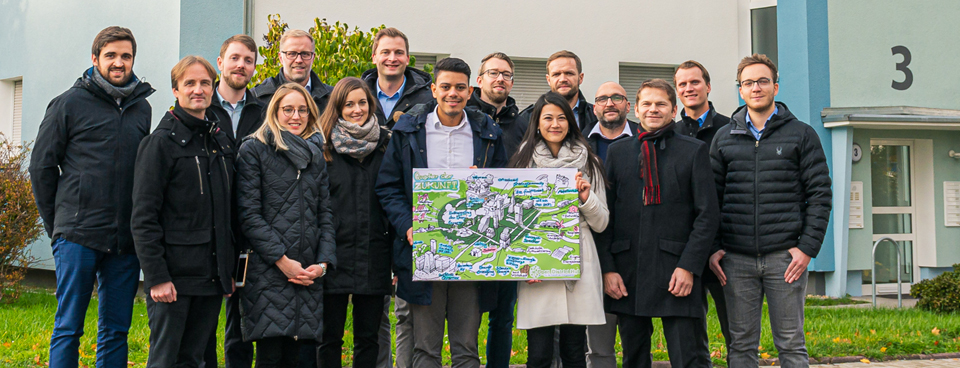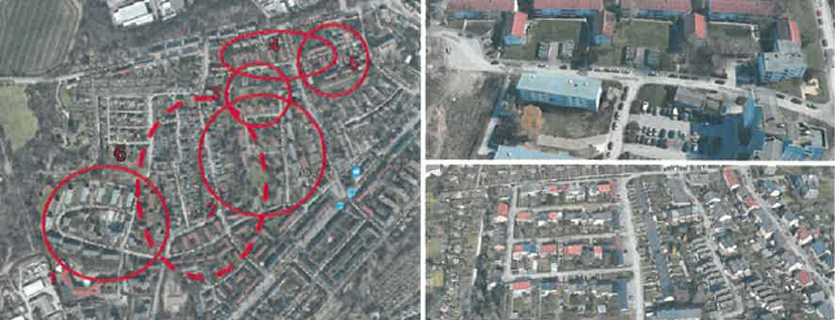ODH@Bochum-Weitmar
Goal
The expansion of renewable energy sources and increasing measures for energy savings are critical for achieving national as well as European climate policy goals. Fraunhofer FIT, Fraunhofer IOSB, Fraunhofer UMSICHT, Vonovia SE, Open District Hub e.V. and Ampeers Energy GmbH are therefore developing methods in the »ODH@Bochum-Weitmar« project to identify suitable renovation and new construction measures in order to exploit the potential for reducing heat demand and using renewable energies.
The aim of the »ODH@Bochum-Weitmar« research project is therefore to develop an ICT ecosystem for the realization of cross-sectoral energy systems at the neighborhood level. Developed modules include an integral neighborhood planning system, digital market platform and self-learning energy management system. These will be supported by an interoperable, scalable middleware platform and automatic learning procedures. To demonstrate the integral planning as well as the reliable and economic-ecological optimal energy supply, the developed tools will be implemented in the district of Bochum-Weitmar in the context of the upcoming construction measures. The identified new business models can be implemented locally as a service via the digital market platform.
Benefit
Districts in German cities are often characterized by multi-family buildings from the mid-20th century that have a high energy refurbishment requirement. Integrated neighborhood solutions offer the advantage that cross-building synergies can be tapped and new business models (such as innovative mobility services or neighborhood storage) can be implemented to achieve the overriding goal of a reliable as well as economically and ecologically efficient energy supply. A central challenge is the combined implementation of different, cross-sectoral services in a secure and resilient framework from an energy industry and ICT perspective.
For neighborhood management and locally active companies, such digital tools enable not only more efficient planning/operating processes and the development of new business models, but also a closer exchange with customers and users on site. Residents gain low-threshold access to local services and have the opportunity to help shape their own energy supply.
Results
In close cooperation with the project partners, digital tools are being developed for planning and operating tasks in the neighborhood context. In »ODH@Bochum-Weitmar«, the »Digital Energy« department and the »Business Informatics« project group of the Fraunhofer Institute for Applied Information Technology FIT are focusing on identifying and evaluating innovative business models in the area of electromobility and local energy trading. A special focus is on the analysis of user preferences and user behavior as well as on the corresponding considerations in the context of business model development.
Project Partners

Funding: Ministerium für Wirtschaft, Energie, Industrie und Handwerk des Landes Nordrhein-Westfalen
Partners:
- Open District Hub e.V.
- Vonovia SE
- Fraunhofer UMSICHT
- Fraunhofer IOSB
- Ampeers Energy GmbH
- Fraunhofer FIT

